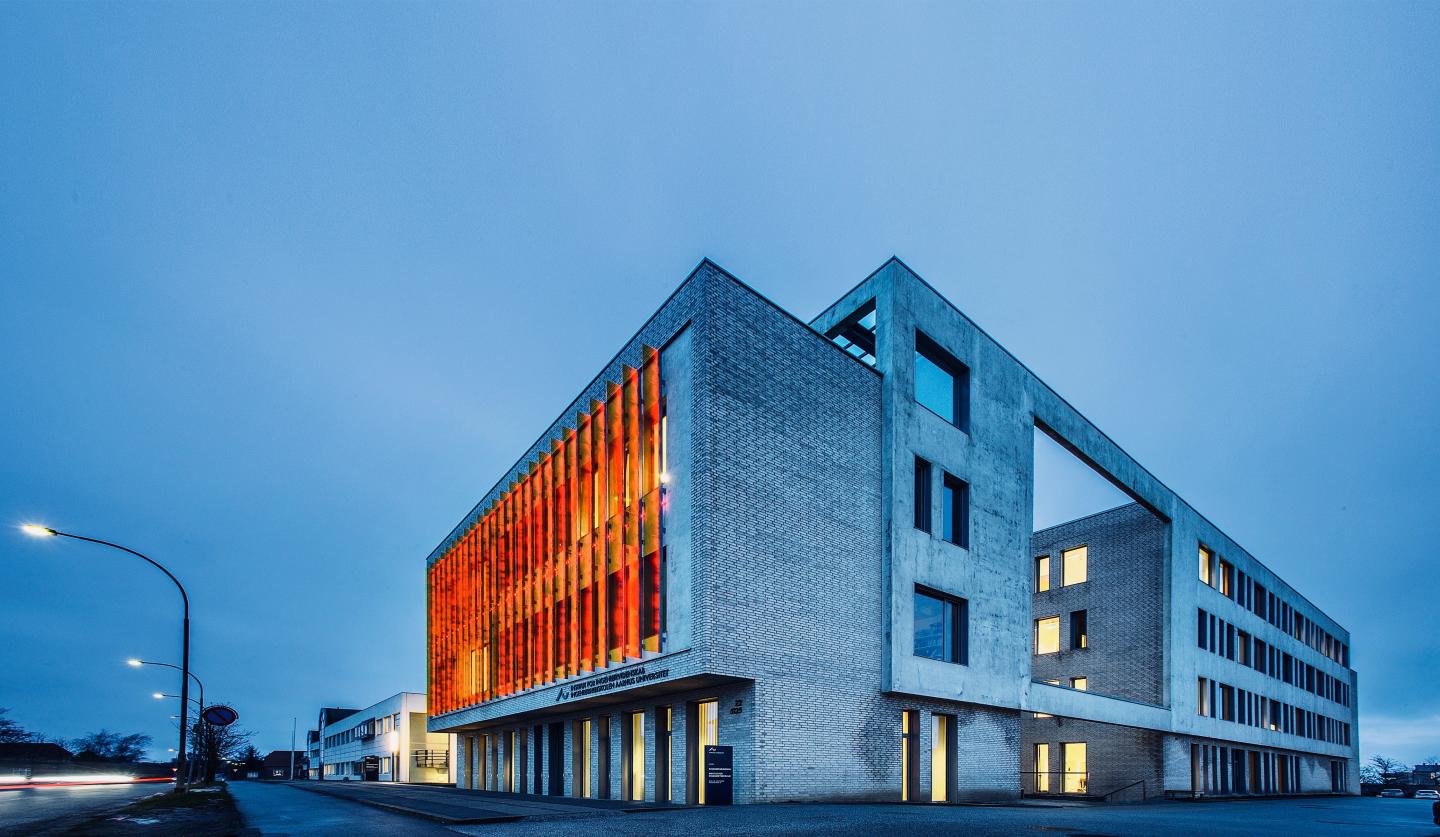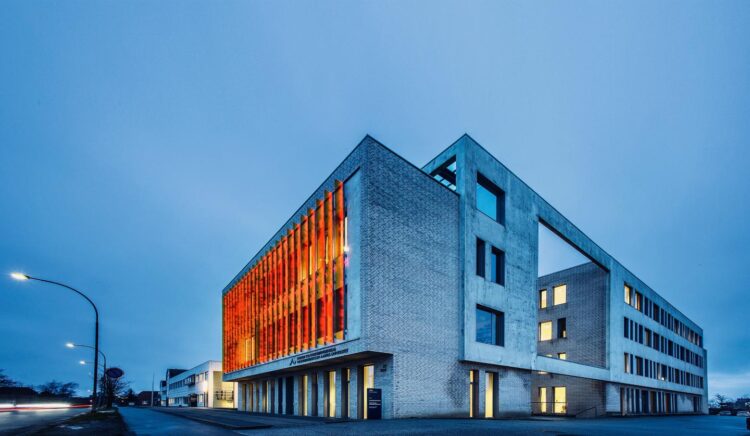A new cross-disciplinary centre will develop brain-machine interface technologies. One of the goals is to develop next-gen technology to monitor, diagnose, and treat brain diseases while at the same time developing brand new brain-inspired AI hardware.

Credit: AU Photo
Aarhus University links brain research and artificial intelligence in new centre
A new cross-disciplinary centre will develop brain-machine interface technologies. One of the goals is to develop the next generation of technology to monitor, diagnose, and treat brain diseases while at the same time developing brand new brain-inspired AI hardware.
On Monday the 8th of February 2021, Aarhus University will officially open its doors to ibrAIn – a new engineering and neuroscience research centre. ibrAIn is the first centre in Denmark with a goal to develop new brain interfacing technologies enabled by new artificial intelligence (AI) hardware.
The centre links will be part of NeuroCampus Aarhus (NCA), a research network already in place which brings together world-leading neuroscience research from Aarhus University (AU) and the Danish Neuroscience Centre (DNC) at Aarhus University Hospital (AUH).
ibrAIn will be located at the newly established Department of Electrical and Computer Engineering under the Integrated Nanoelectronics research group and will bring together researchers from across AU and NCA. The centre supports Aarhus University’s strategy and vision to be an international leader in neuroscience research.
“The ibrAIn center will provide a strong strategic link between the Faculty of Health and the Faculty of Technical Sciences. It’s a perfect example of the university’s leading, interdisciplinary research into neuroscience, and it showcases technical sciences at their best: How we can develop next-generation technologies in a synergetic link with other disciplines in the endeavour to make a difference for society,” says Eskild Holm Nielsen, dean of the Faculty of Technical Sciences at Aarhus University.
Associate Professor Farshad Moradi will be heading the new centre. He is currently in charge of Integrated Nanoelectronics and ICElab, the research group’s laboratory.
The group are among the pioneers in designing integrated circuits for biomedicine and are developing the next generation of technologies to drastically reduce energy consumption for integrated electronics. The group is currently running several Horizon 2020 funded projects within the fields of brain-inspired data processing, memory design, biomedicine and energy harvesting technologies.
For example, the team is leading the way in developing battery-less nanorobots that can use light to modulate neurons inside the brain and cure neurological disorders such as Parkinson’s disease. The team is also developing novel AI hardware: A new type of computing system that mimics the structure of the brain and has the potential to massively improve the performance of state-of-the-art computer systems, while at the same time drastically lowering the energy consumption.
“The new centre and the collaboration with NeuroCampus Aarhus mark an important milestone for our research into the interface between electronics and the human brain. We see a huge potential in our research here at ibrAIn – both in terms of understanding and treating neurological diseases, and exploring the development of novel AI hardware that can change the game for computerised systems of the future,” says Associate Professor Farshad Moradi.
Professor Jens Christian Hedemann Sørensen, partner and chair at the Danish Neuroscience Centre and NCA, agrees:
“We bring a long and great experience working with neuromodulation and treatments of neurological diseases such as Parkinson’s disease, tremor, epilepsy and spasticity by influencing the nervous system using various devices to the collaboration. Therefore, we’re very much looking forward to being part of the ibrAIn centre, where Farshad Moradi is developing the next generation of these brain-machine interface technologies that we’ll then translate into diagnostics and treatment at AUH and, ultimately, at hospitals world-wide,” he says.
The new centre will also play a role in AU’s digitalisation strategy, which focuses partly on research into technologies and methods to better understand and interact with the human brain.
Due to the coronavirus situation, the opening of the centre on 8 February 2021 will be an online event.
###
Media Contact
Associate Professor Farshad Moradi
[email protected]
Original Source
https:/





